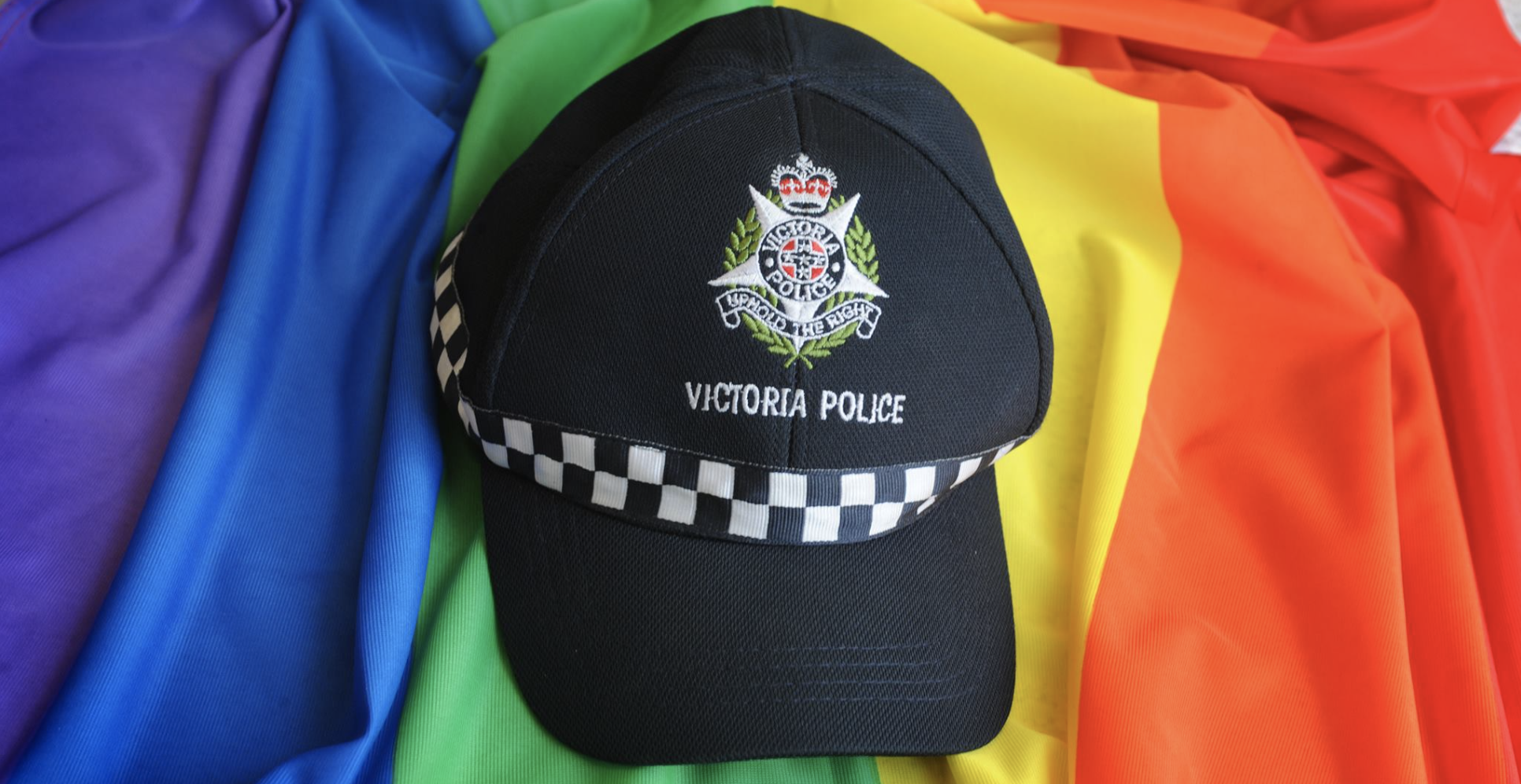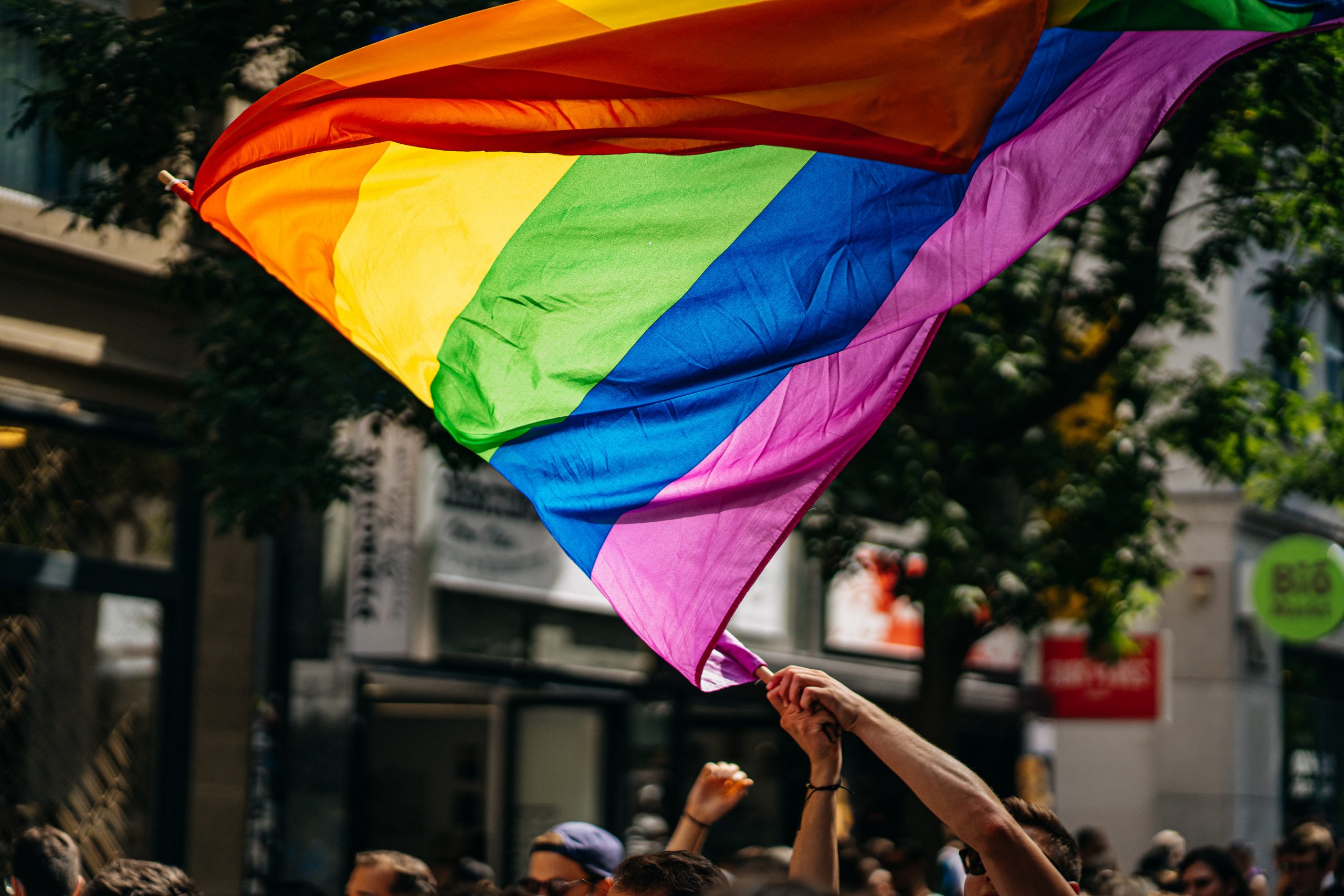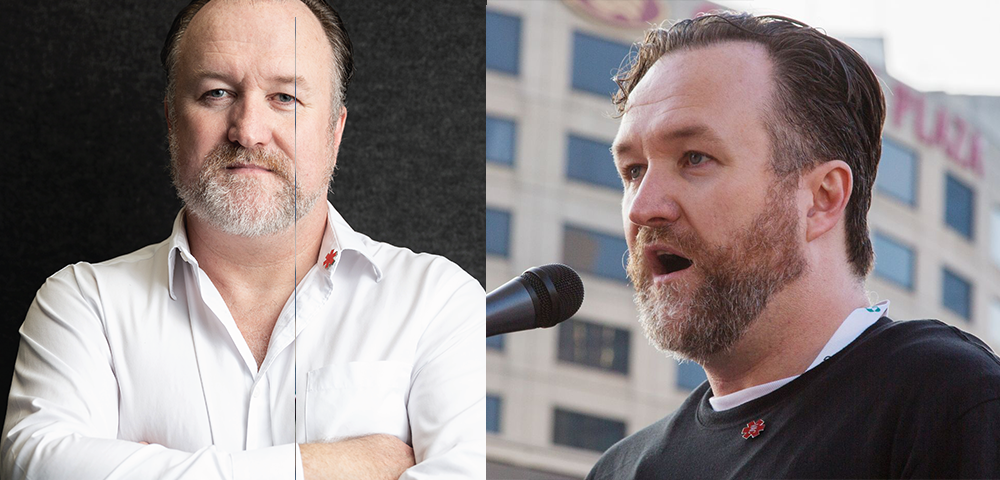
Victoria Police LGBTI Reference Group celebrates 20 years

This year marks the 20th anniversary of the founding of the Victoria Police LGBTI Portfolio Reference Group, providing advice, expertise and feedback to assist the force in their engagement with our community.
This year has also seen four apologies from the organisation, first for the homophobic harassment of Officer Michael Maynes in January, then the mistaken arrest and injury of Nik Dimopoulos at Hares and Hyenas in May, followed by accusations to Senior Police of harassment and bullying of LGBTQI officers and reports of anti-gay hiring practices.
These were followed by another apology to the community for the Tasty Raid in 1994 by chief commissioner Graham Ashton last month.
The Star Observer asked Priority Communities Division superintendent Craig Peel, who oversees the LGBTQI portfolio, if it’s too late to say you’re sorry, or if these continued apologies show a change in the organisation.
“I see the apology from Mr Ashton as a really positive step, acknowledging the errors of the past, but also signalling a changing of the leadership,” Peel said.
“Before my time we were very focused on not making or acknowledging mistakes, but we have matured which has allowed us to move forward.”
In the last two years Victoria’s lesbian, gay, bisexual, transgender and intersex Liaison Officers (GLLOs) have grown to 370 across the state, not only giving support to officers who identify as LGBTQI, but continuing to build a strong connection between the community and police.
“I take great comfort in our GLLO program being able to build that bridge,” Peel said.
“I use my GLLOs to educate me, and then I educate a greater cohort of people in the force about what the role of police in that community is.”
“I need to give confidence to every person to not just see the uniform, but to see the person behind the uniform. Knowing that if you’re in trouble, a victim of crime or need support, a police officer, regardless if they are wearing a rainbow pin or not, will help you in an unbiased fashion.
Peel said the Priority Communities Division meets with peak bodies four times a year, providing advice, expertise and feedback to assist the police in their engagement.
“We don’t tell community what they need or what they feel. I ask what they want from me as opposed to imposing my will upon them, which helps build trust and relationships,” Peel said.
“It’s really about giving us the temperature of the community, about what is happening that we may not have visibility on and the challenges they are facing. The fact that the LGBTI Portfolio Reference Group has been going for 20 years should show how seriously we take it.”
“If I don’t hear another apology in 20 years, I’ll take great comfort knowing as a senior leader in the organisation, I’ve been able to work with and instil those who work for me the importance of these relationships, and of taking that view to the whole community. I don’t want to be in the job in 20 years time and listen to another apology. Because that means we just don’t get it.”









